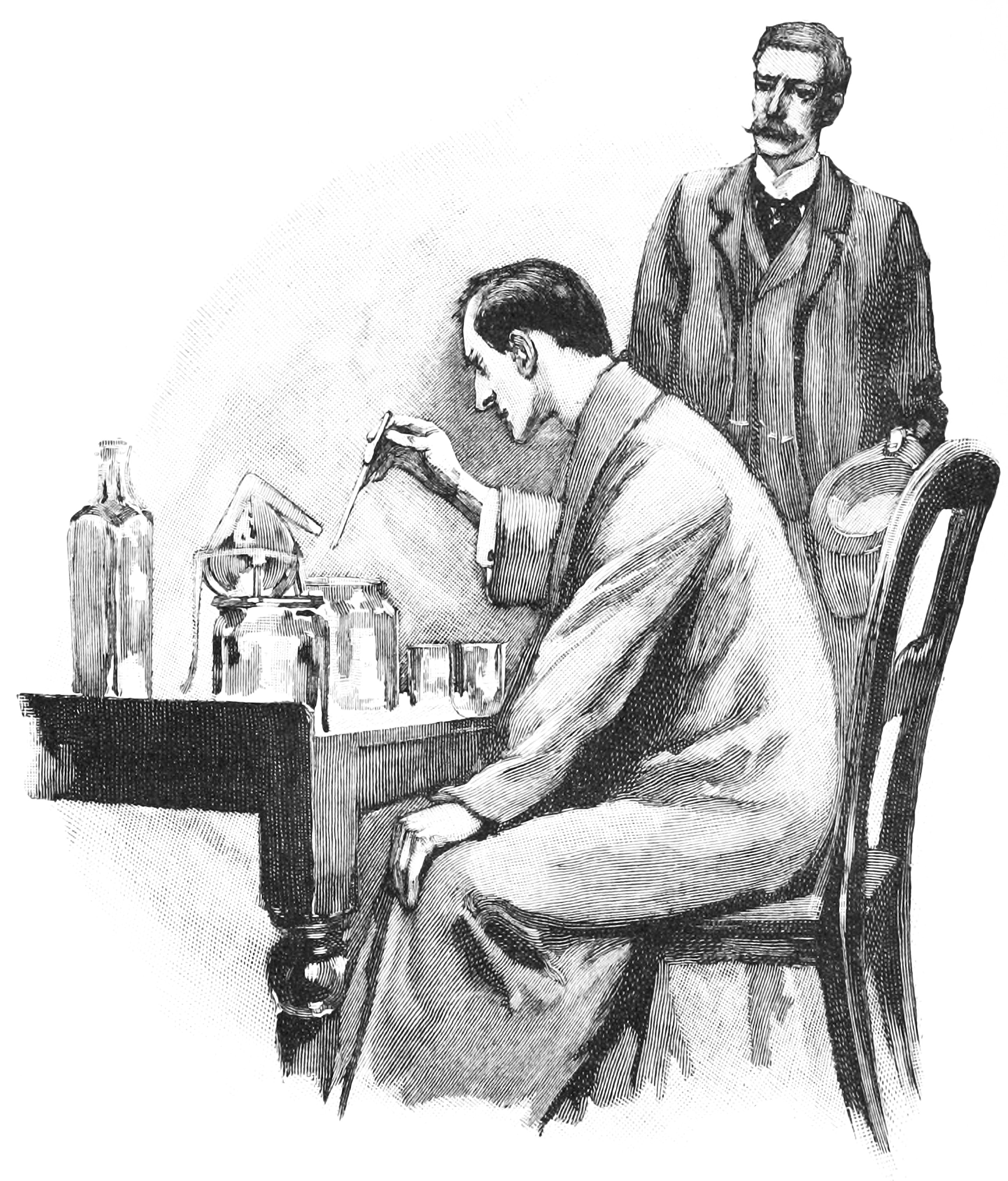

#HOW TO LEARN THE ART OF DEDUCTION HOW TO#
Bell encouraged his students to draw inferences from observations of their patients and was keen on schooling them on how to do so. In 1877, doctor-in-training Arthur Conan Doyle served as an assistant to Scottish surgeon Joseph Bell (1837–1911) at the Royal Edinburgh Infirmary. ( A Study in Scarlet, I, 2)ĭismissing Holmes’ claims as fiction may be tempting but would be a mistake for he describes real-world skills. That all united should fail to enlighten the competent inquirer in any case is almost inconceivable. By a man’s finger-nails, by his coat-sleeve, by his boot, by his trouser-knees, by the callosities of his forefinger and thumb, by his expression, by his shirt-cuffs-by each of these things a man’s calling is plainly revealed. The prefix ab- means "away," and you take away the best explanation in abduction.Rom a drop of water a logician could infer the possibility of an Atlantic or a Niagara without having seen or heard of one or the other. The prefix in- means "to" or "toward," and induction leads you to a generalization. All three words are based on Latin ducere, meaning "to lead." The prefix de- means "from," and deduction derives from generally accepted statements or facts. If you have trouble differentiating deduction, induction, and abduction, thinking about their roots might help.

In a rush, he put the sandwich on the counter and left. Your reasoning might be that your teenage son made the sandwich and then saw that he was late for work. Abduction will lead you to the best explanation. In an everyday scenario, you may be puzzled by a half-eaten sandwich on the kitchen counter. A familiar example of abduction is a detective's identification of a criminal by piecing together evidence at a crime scene. The third method of reasoning, abduction, is defined as "a syllogism in which the major premise is evident but the minor premise and therefore the conclusion only probable." Basically, it involves forming a conclusion from the information that is known. Induction is at play here since your reasoning is based on an observation of a small group, as opposed to universal premises. From your observation, you then induce that the sandwich is probably good-and you decide to try it yourself. For example, at lunch you observe 4 of your 6 coworkers ordering the same sandwich. In logic, induction refers specifically to "inference of a generalized conclusion from particular instances." In other words, it means forming a generalization based on what is known or observed.

Whereas in deduction the truth of the conclusion is guaranteed by the truth of the statements or facts considered (the hot dog is served in a split roll and a split roll with a filling in the middle is a sandwich), induction is a method of reasoning involving an element of probability. If a sandwich is defined as "two or more slices of bread or a split roll having a filling in between," and a hot dog is defined as "a frankfurter especially : a frankfurter heated and served in a long split roll" then one must deduce that any hot dog served in a split roll is a sandwich. From those two facts, you deduce that you will have to leave your house at 9:30, at the latest, to be at the dentist's on time.ĭeductive reasoning always follows necessarily from general or universal premises. Say you have a 10 o'clock appointment with the dentist and you know that it takes 30 minutes to drive from your house to the dentist's. It occurs when you are planning out trips, for instance.
Deductive Reasoningĭeduction is generally defined as "the deriving of a conclusion by reasoning." Its specific meaning in logic is " inference in which the conclusion about particulars follows necessarily from general or universal premises." Simply put, deduction-or the process of deducing-is the formation of a conclusion based on generally accepted statements or facts. For example, if you find a half-eaten sandwich in your home, you might use probability to reason that your teenage son made the sandwich, realized he was late for work, and abandoned it before he could finish it. In abductive reasoning, the major premise is evident, but the minor premise and therefore the conclusion are only probable.


 0 kommentar(er)
0 kommentar(er)
